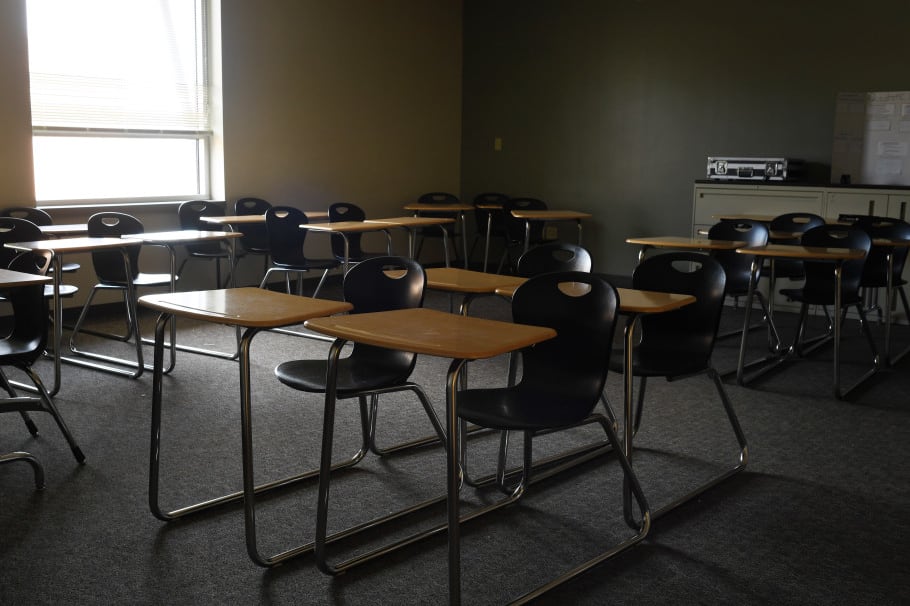The reopening of Indianapolis Public Schools is delayed for two weeks in response to the rising trend of COVID-19 infections in the community.
In-person classes and remote learning will now begin on Aug. 17, instead of the previously planned Aug. 3 start. Families can also reconsider whether they want full-time virtual learning when school starts — the original deadline to register was last night.
The IPS Board of Commissioners unanimously approved the delay Saturday during its summer retreat — a public meeting held at the Central Library.
Superintendent Aleesia Johnson described the delay as the right move for Marion County as the COVID-19 infection rate increases.
The county’s most recent average infection rate climbed to 7.1% over a seven day average. In mid-June the average infection rate was was 5.4%.
“As I’ve acknowledged all along, this is a fluid situation and we will remain flexible,” Johnson said in a message to families. “My job as superintendent is to look at all of the data from state and local health and government officials to make the best decision for our students and staff about the new school year.”
Student sports will also be “paused” until Aug. 17, Johnson said.
Compensation for teachers and other staff will not be impacted by the delay, Johnson said.
“The decision to delay the opening of school by two weeks gives our community more time to ensure we are turning the tide on the number of positive COVID-19 cases and confirm we are doing the right thing,” Johnson said.
IPS joins other city and neighboring school district opting to delay the start of school. Wayne Township Schools in Marion County and Hamilton Southeastern Schools in Hamilton County both delayed their restart plans.
“What an extremely complex decision this is. There is no right and wrong,” said board commissioner Diane Arnold. “There are pluses and minuses for every consideration.”






